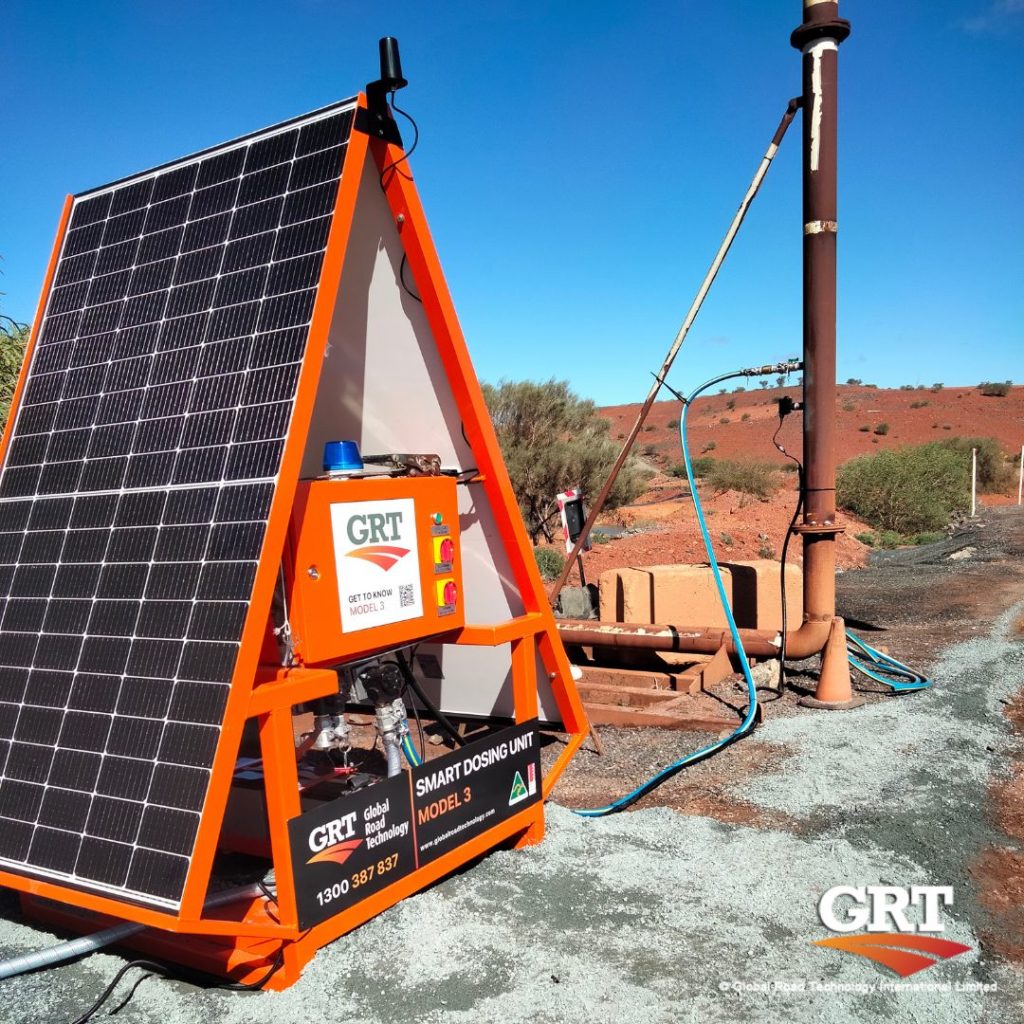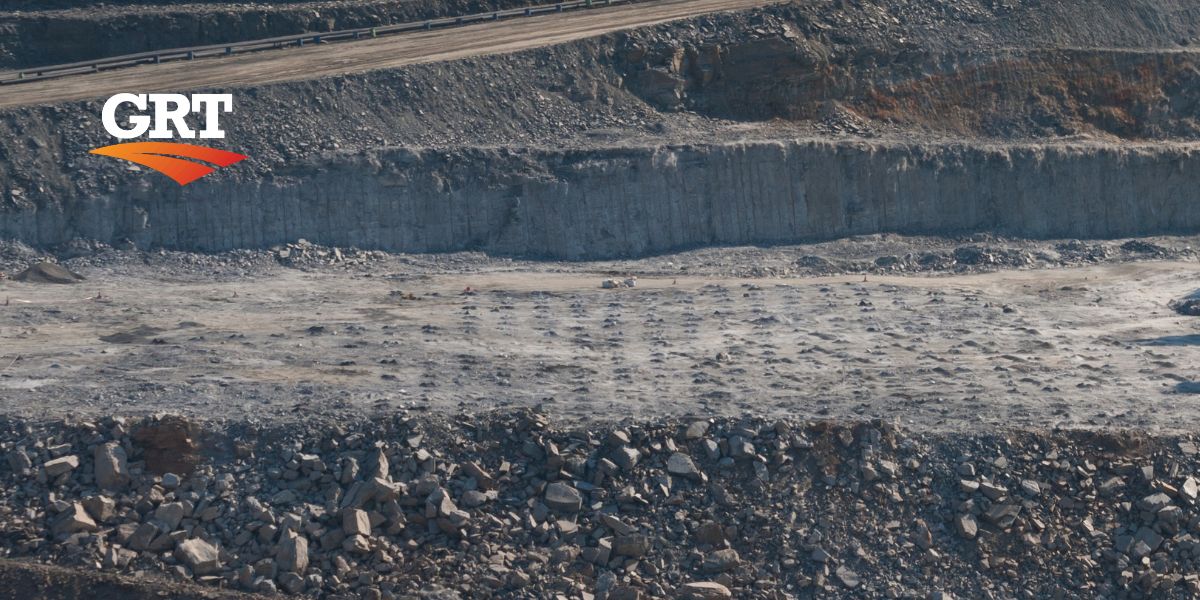Best known for its striking pigment “Cobalt Blue”, the chemical element Co or Cobalt is used worldwide in many applications. With the rise of smartphones and Electric Vehicle (EV batteries) technology, which rely on Cobalt for their rechargeable batteries, the raw material is now in high demand.
Cobalt Prices have doubled in recent years, with production shortfalls predicted. As a fun fact: the name Cobalt is derived from the German word ‘kobald’, or goblin.
Use Cases for Cobalt Sulphate
Cobalt now plays a critical role as a critical mineral in the manufacture of modern technology, particularly Lithium ion battery materials. Originally used as a pigment (cobalt blue) in ceramics, a range of cemented carbides, bonded diamonds, and durable alloys used in industrial and military products now depend on the rare earth.
You’ll also discover the mineral resource in:
- Solar panels
- Wind and gas turbines
- And even orthopedic joint implants
China remains the largest refiner, supplier, and consumer of cobalt products.
Are environmental regulations, health and safety concerns or potential profit loss a concern right now?
Cobalt Mining Australia and Supply Challenges
Australian mines produce the world’s third-largest cobalt output, delivering around 5,100t/yr.
Only trailing the Democratic Republic of Congo (DRC) with 120,000 t/yr (70% of global production) and Russia with 7,600t/yr.
As a byproduct of copper and nickel, Cobalt is very hard to mine.
If those minerals aren’t coming out of the ground, neither is cobalt.
However, recent discoveries at some Australian mines could be about to change the game.
As it turns out, there could be as much as 300,000 tonnes of cobalt in Australia’s forgotten mine waste, collected over the past 100 years when battery metals weren’t in such high demand.
The scale of this cobalt opportunity in tailing dams and dumps could lift Australia’s cobalt output by four or five times.
Cobalt Mining Health Problems – Issues with Dust
Cobalt mining generates inhalable and respirable dust particles from many of its mining processes. Transportation, stockpiling, grinding, and ore processing which involves crushing and screening generate dust.
According to the data from health organisations, dust from Cobalt mining is “reasonably anticipated to be carcinogenic”.
And people who inhale dust and fumes at a cobalt project are at considerable risk.
Dust generated during crushing and screening exposes lithium mine workers to silica. Inhaled silica can settle in the alveolar region of the lungs.
This triggers conditions such as silicosis and lung cancer in the long term.
The onus lies on the mining company to extend its duty of care. It is important to factor in dust suppression measures that have a no-compromise approach to air quality.
A SMART Solution for Dust Suppression
Global Road Technology offers expertise in dust suppression at the source. With products and systems that can be readily implemented in mining activities and into workplace health and safety measures that fulfill the objectives of the overall site management plan.
Designed and manufactured in Australia, GRT’s SMART dust suppression systems are used by some of the world’s largest mining and quarrying companies.
Ranging from simple hand-operated pumps to fully automated dosing units, GRT’s technology is sustainable, autonomous and reliable.
Our SMART Systems Include:
- Solar-powered, generator or mains-compatible products
- Manual, remote control and automated start options
- Permanently fixed, mobile skids/bunds and truck-mounted units
- Dual-purposed to dose with our GRT: Haul Loc and GRT: Activate

With the global push for tighter controls around air pollution, GRT’s Smart Dosage Units have been tested in some of the world’s harshest environmental conditions.
From remote Australian mines to locations across Africa, Mexico and Brazil, our class-leading technology is tested around the clock as mining companies seek to better manage haul roads and efficiently suppress dust.
In Summary
As the world demands more and more exploration and future-focussed minerals like cobalt to meet rising demand, issues around dust and fume inhalation are sure to increase.
As a leader in the dust suppression space and with a range of tailored SMART solutions, GRT is on-track to support mining businesses in their quest for Zero Harm.
Our Australian Made SMART Dosing Units, connected via the Internet of Things (IoT), are an advanced, road-tested option.
The SMART technology will manage your dust suppression while putting robust fleet data into your hands alongside the latest options for centralised control, automated dosage and error correction.
To learn more, visit our SMART Dosing Units page!
Your feedback is important to us.
If you enjoyed reading this Global Road Technology industry update and found it informative, please let us know by leaving a REVIEW.
References:
https://www.ft.com/content/d142bb46-1bc0-49bd-8005-0833497b84e0
https://www.rsc.org/periodic-table/element/27/cobalt
Troy Adams
Troy Adams is the Managing Director of Global Road Technology (GRT) Specialising in Engineered Solutions for Dust Suppression, Erosion Control, Soil Stabilisation and Water Management. A pioneering, socially conscious Australian entrepreneur, Troy Adams is passionate about health and safety and providing innovative solutions that are cost-effective to the mining industry, governments and infrastructure sectors. Troy is also a tech investor, director of companies like Crossware, Boost, Hakkasan, Novikov and more.

